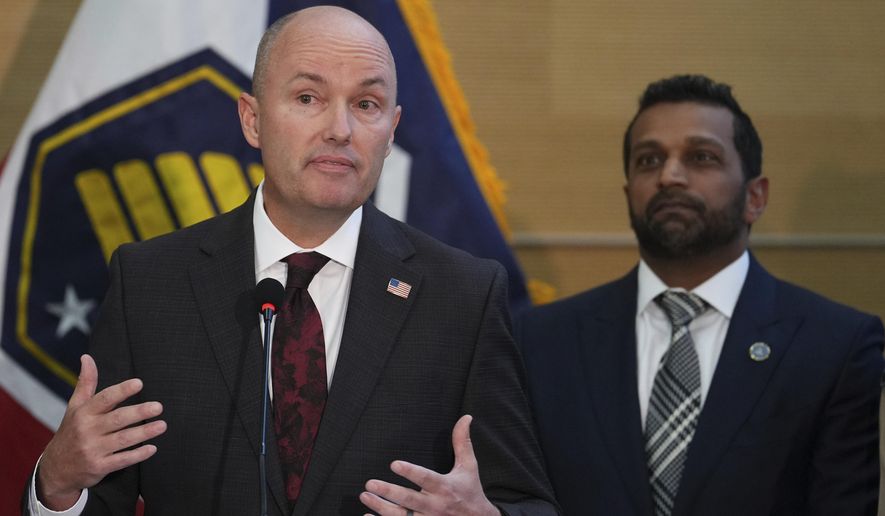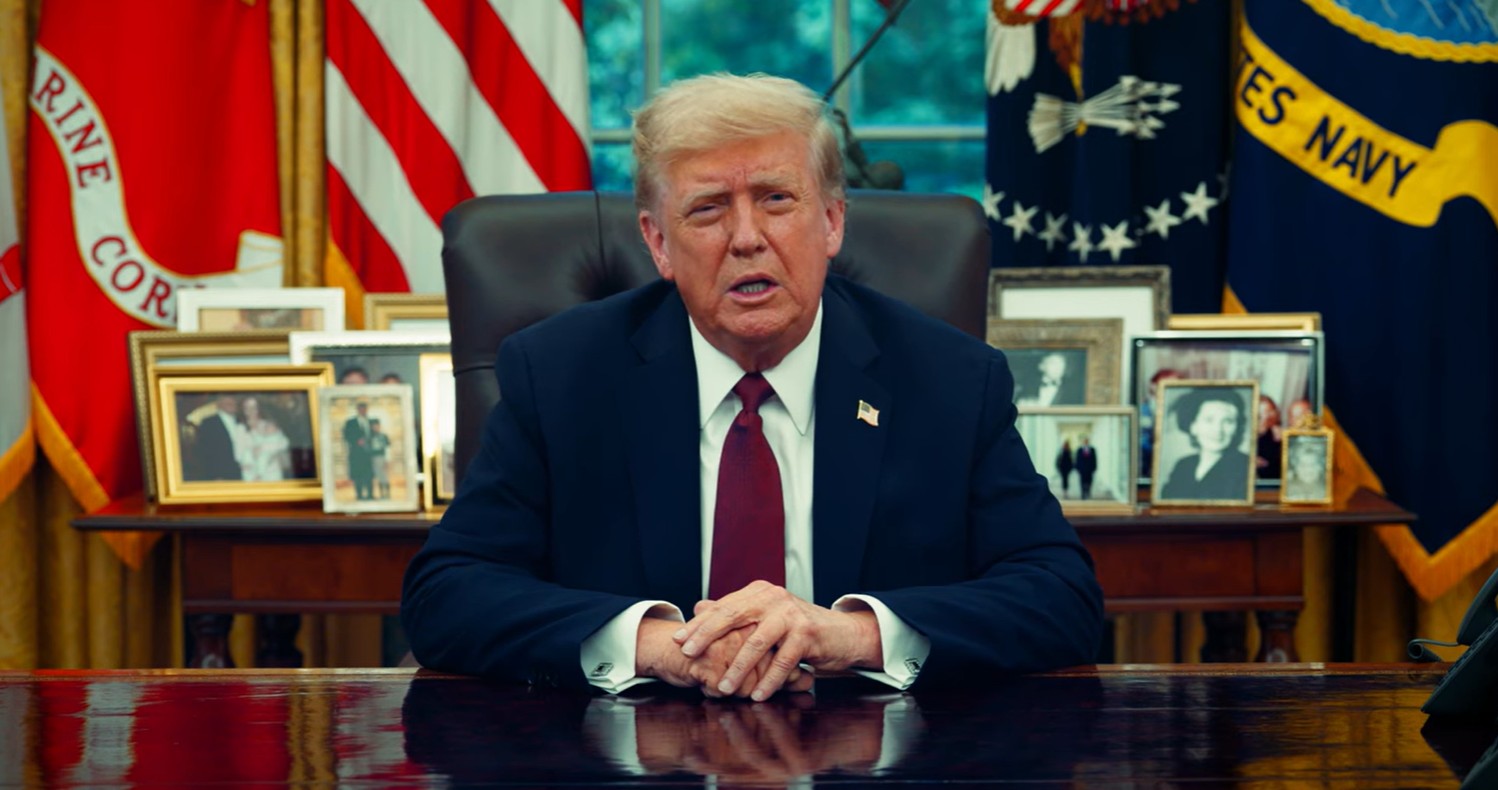The landmark abortion ruling in Roe v. Wade lacked constitutional footing under the Supreme Court’s own test for unenumerated rights, Justice Amy Coney Barrett told The New York Times.
Barrett said the Dobbs v. Jackson Women’s Health decision, which overturned Roe in June 2022, was not an exercise in “pure” originalism but an application of precedent-driven methodology.
“The Dobbs decision applied a framework. It actually isn’t an originalist decision, because it’s building on precedent,” Barrett told the Times’ Ross Douthat in an interview published Thursday.
“That word, ‘liberty,’ does protect some content above and beyond things that are expressly ‘liberty’ that you may not think are in ‘liberty’ that one would disagree with. And there’s a lot of risk — this has been a very contested area of constitutional law for a long time — in making judges the final arbiters of exactly what the content of that word, ‘liberty,’ is.”
Abortion is not an enumerated right, meaning it is not explicitly listed in the Constitution as a right granted to the federal government.
That framework, Barrett explained, is the court’s substantive due process doctrine under the 14th Amendment’s liberty guarantee that “no person shall be deprived of life, liberty or property, without due process of law.”
Because some liberties are not explicitly listed in the Constitution, the high court has long asked whether a claimed right is so “deeply rooted in this country’s history and tradition” and understood as fundamental that it effectively “goes without saying,” she said.
Using that test, which was famously articulated in Washington v. Glucksberg, Barrett said the court has recognized certain unenumerated rights (such as marriage, the right to direct the upbringing of one’s children, and the use of contraception) but has held that “the right to assisted suicide and the right to abortion” are not included.
The reason, Barrett explained, is because specificity matters. The inquiry cannot be framed at a high level of abstraction like a generic “right to control one’s body,” which could sweep in everything from drug use to euthanasia.
The claimed liberty must be “stated at a specific level of generality” so courts can measure whether the public and legal traditions actually embraced it.
Also, history and tradition must support the right. Looking to the state of the law “on the books,” Barrett said abortion restrictions were widespread “in the 19th century, in the 18th century, and … when Roe was decided,” making it impossible to say a right to terminate a pregnancy was deeply rooted. On that record, she said, “the right to an abortion failed that test.”
Barrett, who has been promoting her new book “Listening to the Law: Reflections on the Court and Constitution,” characterized Dobbs as accepting the substantive-due-process framework rather than rejecting it on originalist grounds, and then concluding that abortion does not qualify as a protected unenumerated liberty.
By contrast, she noted that the Planned Parenthood v. Casey decision, which reaffirmed Roe in 1992, rested not on Roe’s correctness but on a desire to stand by things previously decided, hoping a truce would stabilize politics; that did not happen, she said.
Barrett also tied the Court’s approach to stare decisis more generally, stressing that precedent is overturned sparingly and only after considering reliance interests.
In abortion, she said, the reliance claims were “disputed” and, as a matter of doctrine, less concrete than those attached to marriage and family formation after Obergefell v. Hodges.
More broadly, Barrett reiterated her view of originalism as an interpretive commitment to the Constitution’s ratified meaning, while acknowledging that history is “a tool in everyone’s toolkit,” not amateur historiography.
And she rejected the idea that judges should calibrate outcomes to immediate political winds or prospective backlash: “Once you allow yourself … to let outside pressures … dictate your decisions, then it’s over.”
Taken together, Barrett’s account casts Roe as lacking the historical and doctrinal grounding necessary to exist as an unenumerated constitutional right, while presenting Dobbs as a precedentially framed, history-driven decision rather than an exercise in unbridled originalist first principles.
Barrett discussed other issues that included executive power and the court overturning precedent.
The justice said originalists have traditionally linked Article II’s vesting of “the executive Power” in the president to the unitary executive theory, the view that the president must control the executive branch. She emphasized that current docket disputes aside, originalism has often, but not universally, supported robust presidential control
As for overturning precedent, Barrett said the Supreme Court takes precedent “quite seriously,” emphasizing the Roberts Court overturns roughly one case per year, compared with two or three under the Rehnquist and Burger courts.
© 2025 Newsmax. All rights reserved.























